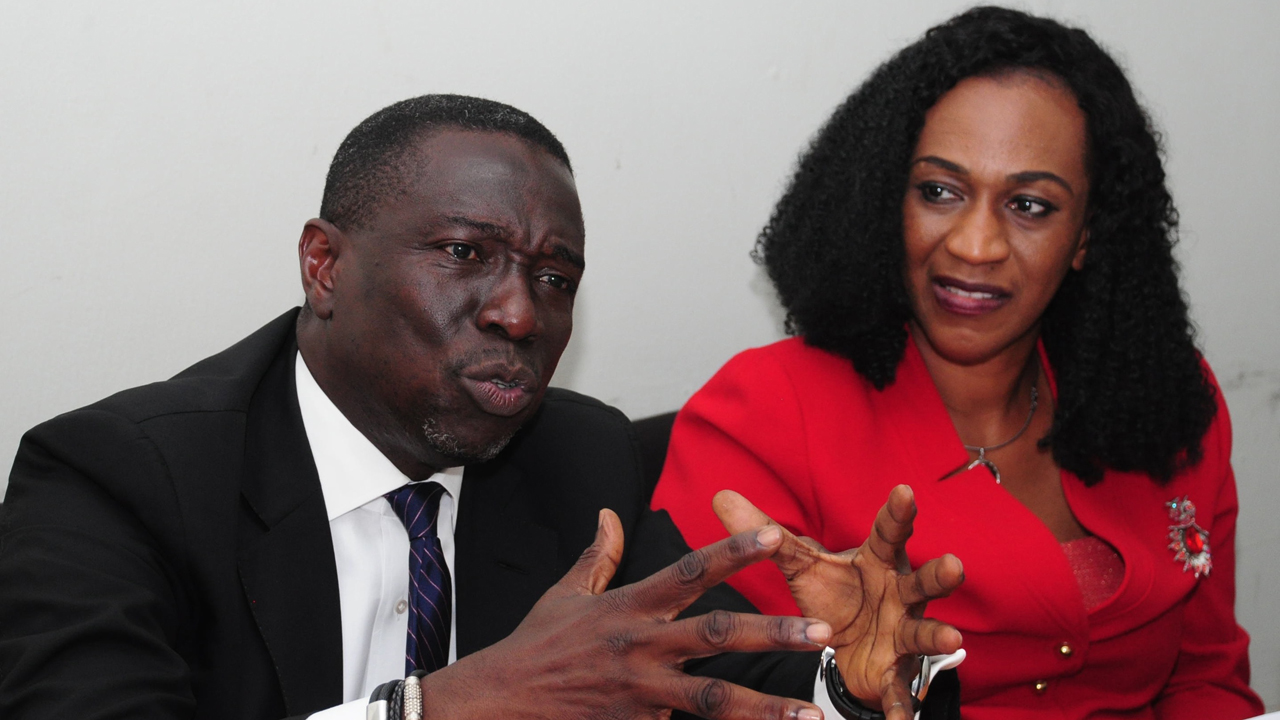
To get this huge sum, Ighodalo urged the Federal Government to encourage investors by granting incentives and creating the right policy framework to secure investments.
He said this yesterday when NESG visited Rutam House, headquarters of The Guardian in Lagos.
Creating an enabling environment for the private sector to thrive, he noted, will lead to massive job creation, which will in turn develop the economy.
“Since Nigeria does not have $100 billion to tackle infrastructure deficit, so we must encourage those who have it. We must create an enabling environment that would generate jobs, have proper infrastructure and develop the economy.
“Investors will only bring their money where they get good results. All these will form a template for the country’s development plan. Any other way, we are only deceiving ourselves.”
In addressing some of the issues in the country, the group said that plans had been concluded for this year’s Nigerian Economic Summit (NES), the 25th edition, holding in October to usher in the Fourth Industrial Revolution and mark a strategic shift to a competitive private sector economy by 2050 through renewed focus on economic growth, competitiveness and inclusive development.
Themed ‘Nigeria 2050: Shifting Gears’, the NESG boss said the summit would address issues on achieving rapid industrialisation, transforming education, managing demography and sustaining peace and security.
According to him, it has become critical for industry leaders and policy-makers to create a realistic way of achieving desired goals that will move the nation forward.
Noting that Nigeria’s economic prosperity depends on the productivity with which human and natural resources are employed, Ighodalo said: “Competitive economies have stable macroeconomic conditions and their business climate keeps transaction costs low, thereby encouraging savings and investments as well as enabling vigorous competition. Such economies create a private sector than can effectively compete for opportunities in regional markets.
“For Nigeria to rank among them, we must have the capacity to modernise in a way that Nigerian firms achieve more sophisticated competitive advantages and higher productivity.”
[ad unit=2]



